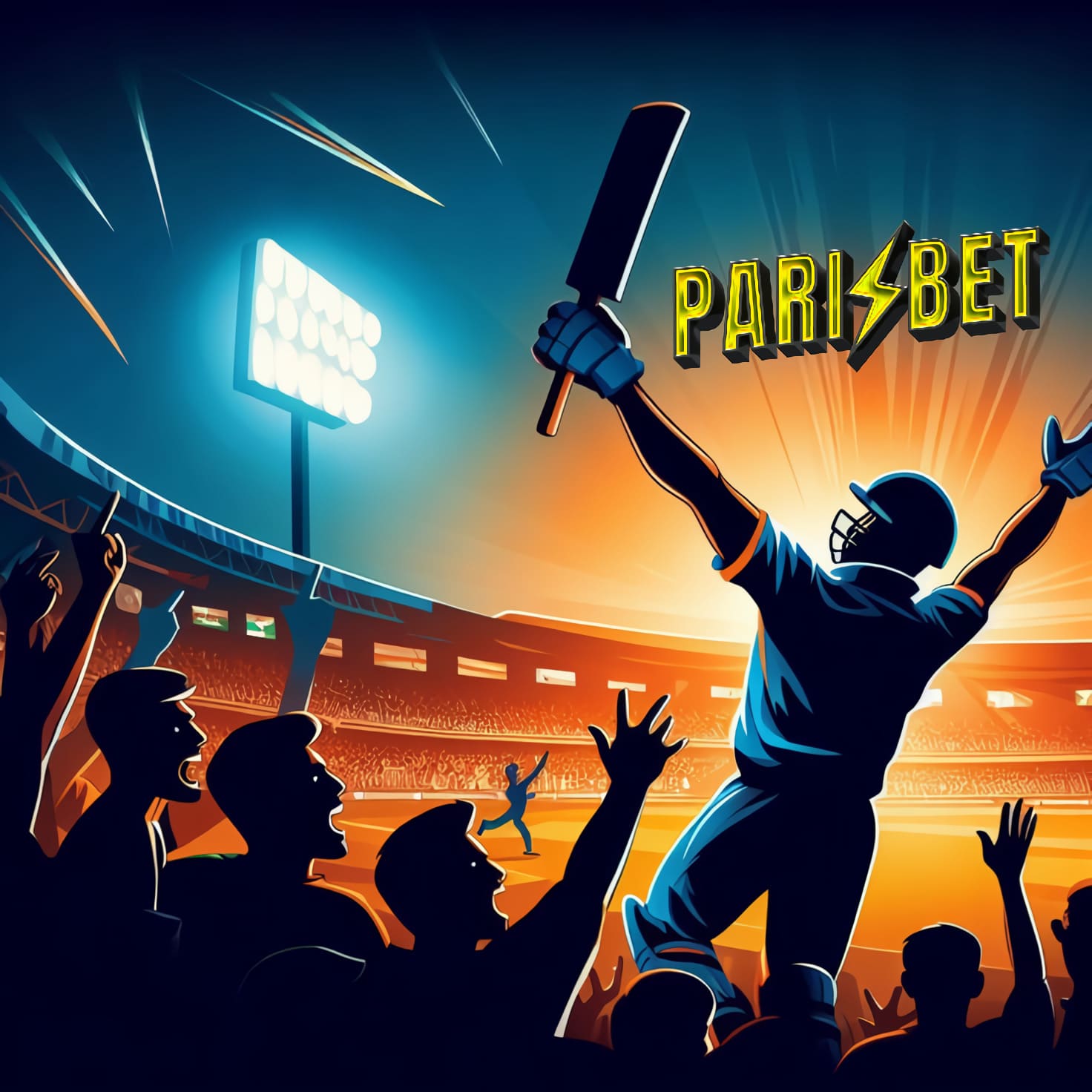In today’s piece we will talk with Pari bet about how many betting professionals there are among betting players, and what steps you need to take to enter this coveted cohort.
There is a common belief that 97% of bettors in general lose. However, let’s try to understand what this figure actually represents?

According to the theory of probability (we discussed a similar example in one of our previous articles), about 25% of players who use 4rabet odds and place bets on the forex markets can be in the money after 1000 bets. The luck factor plays a significant role – 1% remain profitable after 10,000 bets, even without using analytics and a particular strategy.
However, in our material we will not talk about the lucky ones, but about those players who win thanks to their own knowledge and experience. They have obviously found a way to constantly extract the so-called expected benefit. So how many such bettors are there really?
There are no unique studies on this topic, so let’s try to look at this question through the eyes of leading bookmakers, who adjust their own odds taking into account the bets of professional players.
Balancing of betting volumes by bookmakers
On numerous forums, bettors actively discuss why bookmakers have chosen certain odds on various popular events. Initially, experts of bookmaker’s offices determine the probability of a certain outcome of an event in advance, and then adjust their odds taking into account a number of factors.
Before the start of the event, the quotes for it can change many times, and the more popular it is, the higher the probability of their shift in one direction or another. So, if the volume of bets on the victory of one of the teams in a soccer match is clearly off the scale, the bookmaker will shift (i.e. cut) the odds on the opposite outcome to balance the market. Further, if customers “take the bait” and the volume of bets equalized, the odds may return to the original; otherwise, they will continue to fall.
In this case, the bookmaker’s actions are quite comparable to the actions of stockbrokers, who determine the price of some asset on the market by the degree of interaction between buyers and sellers. The bookmaker, too, can be said to determine the price of the bet, expressing it in its odds, and replacing the interaction of sellers and buyers by the interaction of its customers, betting on the victory of team A or team B.
Thus, if teams A and B have bet 1 million dollars on each, the bookmaker will set equal odds of 2.00 on the victory of each of the rivals after adjustments (or rather, about 1.95, taking into account its own margin). If, say, after that, another 100 thousand bet on the win of team A, the quotes will be adjusted accordingly, and will now be 1.86 and 2.05, taking into account the margin. Further they will also change depending on which way the market will swing and the volume of bets will increase.
At the same time, the initial odds at bookmakers should always be as close to the real ones as possible, otherwise experienced players can take advantage of the obvious bias in the market, and, having made large bets, turn it in the direction they want.
A model for market development
Let’s build a model of a certain sporting event with equal chances of victory for each team defined by odds of 2.00 (or 1.95 taking into account the bookmaker’s margin of 2.5%). Further suppose that the odds were changed 100 times before the start of the event; in each case players could either bet on the victory of one of the teams (a draw in the selected match cannot happen by definition – for example, in a volleyball match), or ignore the current quotes.
In this case, professional players, knowing the true probabilities of the outcome of the event (i.e. 50% chance of victory of one of the teams in our model), will bet only if the bookmaker quotes are clearly overvalued; amateurs will simply follow the crowd.
Thus, if, as a result of several adjustments, the odds on the victory of team A fall to 1.80, an inexperienced bettor will be inclined to think that by betting on its win, he will get a profit with a higher probability than when placing bets on the triumph of team B. A professional will make the exact opposite bet – in this case, the odds on the victory of team B will be 2.20 (excluding the bookmaker’s margin), and, therefore, will have a high positive mathematical expectation.
Another, however, more indirect factor that distinguishes a professional from an amateur is the amount of bets. Obviously, an experienced bettor who is confident in his own predictions is more likely to make a large bet than a beginner who is just gaining experience. Although, of course, there are reverse examples.
The conclusion that can be drawn from all of the above is as follows. A player can only consider himself a professional if he learns to correctly determine the probability of occurrence of a sporting event, and choose matches where bookmakers offer odds that exceed this true probability.